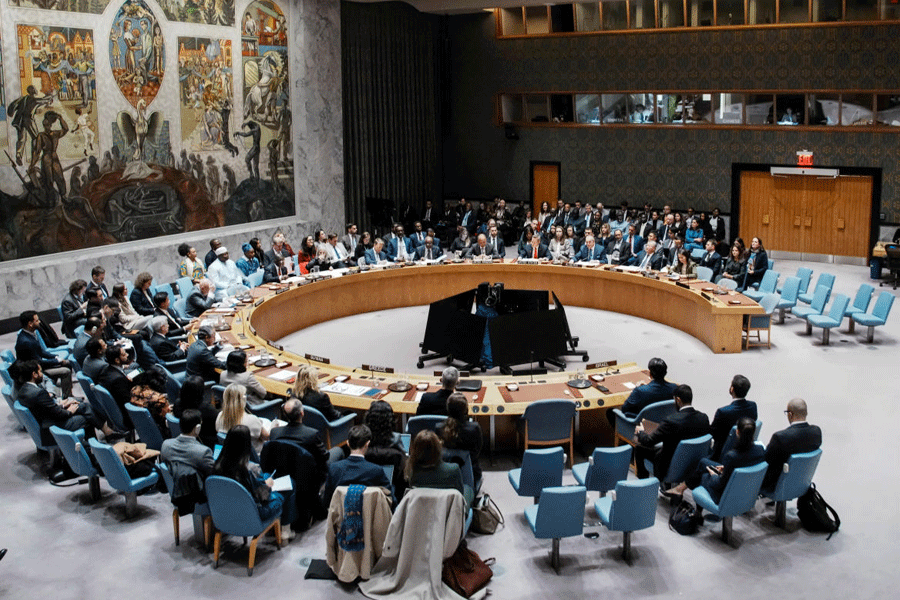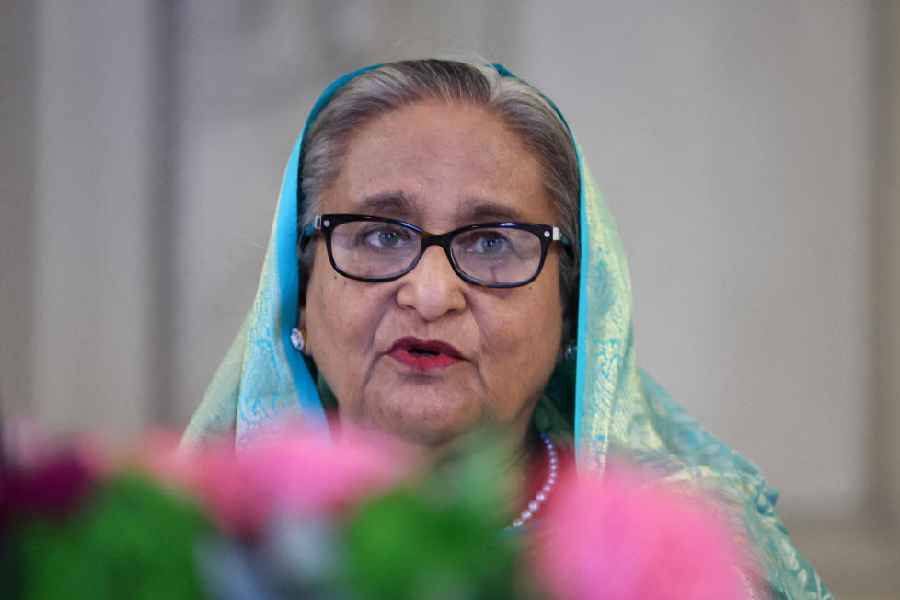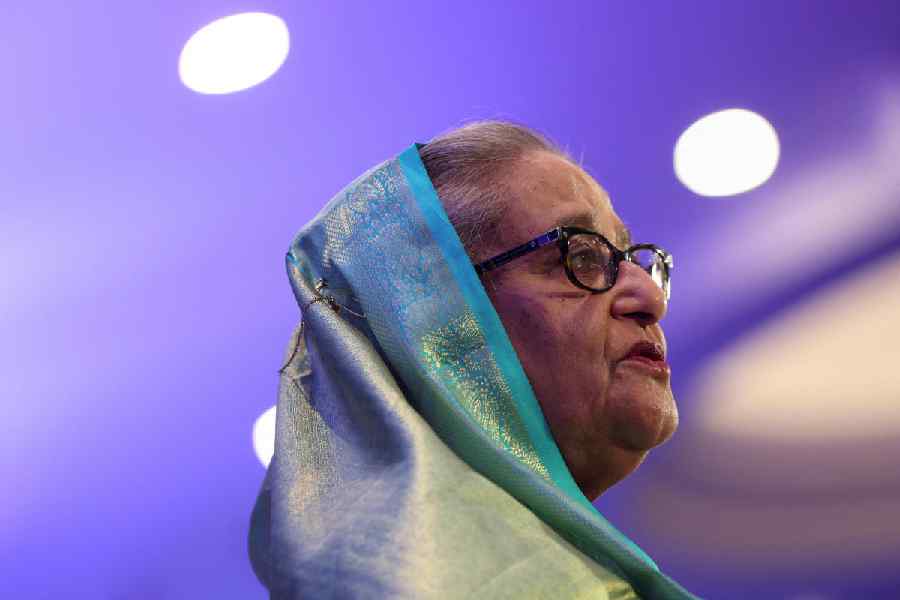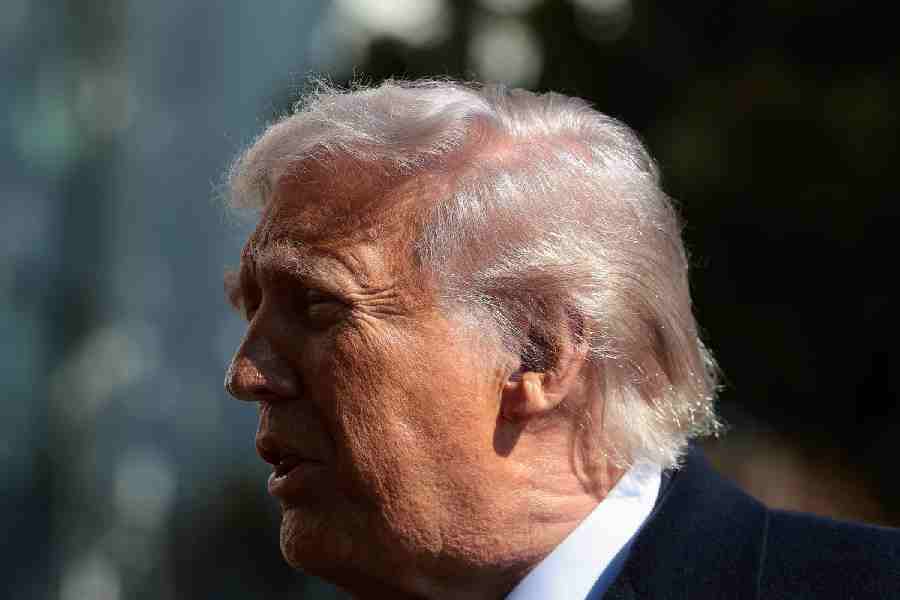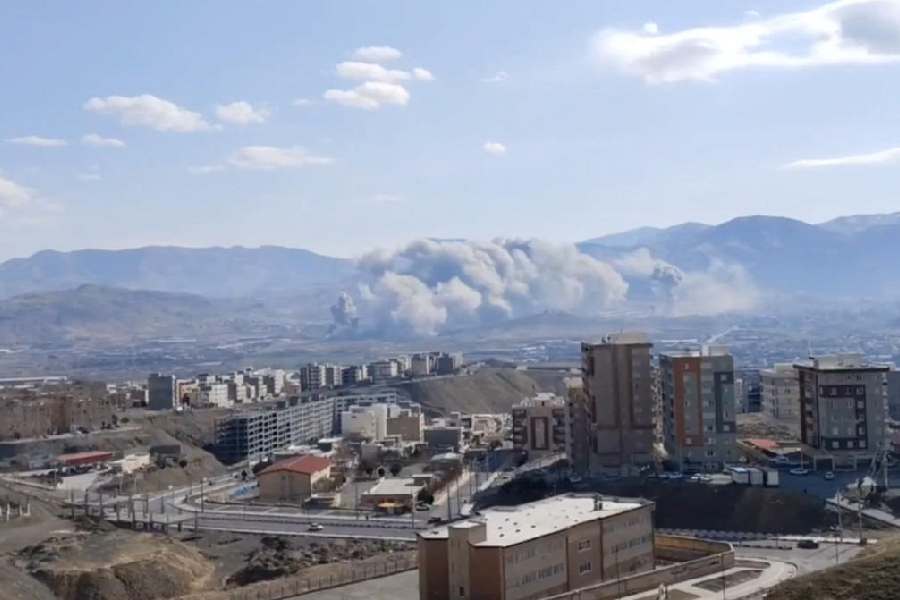The United Nations has described the verdict against Bangladesh’s ousted prime minister Sheikh Hasina as an “important moment” for victims of last year’s deadly protest crackdown, even as it reiterated its firm opposition to the death penalty.
The reaction came as Bangladesh remained calm but tense on Tuesday under heavy security, a day after Hasina was sentenced to death in absentia and the Awami League called a nationwide shutdown.
UN Secretary-General António Guterres “fully” agrees with UN High Commissioner for Human Rights Volker Türk that “we stand against the use of the death penalty in all circumstances,” spokesperson Stéphane Dujarric said on Monday.
He stressed the importance of calm and restraint, noting that UN human rights officials have long urged accountability for the violence during the 2023 protests.
Dujarric referred to a statement from the UN human rights office highlighting that officials have been calling “diligently for perpetrators, including individuals in positions of command and leadership, to be held accountable.”
Geneva-based UN Human Rights spokesperson Ravina Shamdasani said the tribunal’s verdicts against Hasina and former home minister Asaduzzaman Khan Kamal mark “an important moment for victims of the grave violations committed during the suppression of protests last year.”
“We also regret the imposition of the death penalty, which we oppose in all circumstances,” she said.
Shamdasani noted that since the UN fact-finding report was released in February, “we have been calling for perpetrators, including individuals in positions of command and leadership, to be held accountable in accordance with international standards. We have also called for victims to have access to effective remedies and reparations.”
The report estimated that up to 1,400 people were killed between July 15 and August 15 during the student-led mass protests.
While the office was not involved in the conduct of Hasina’s trial, she added, “we have consistently advocated for all accountability proceedings, especially on charges of international crimes, to unquestionably meet international standards of due process and fair trial. This is particularly vital when, as was the case here, the trials have been conducted in absentia and led to a capital punishment sentence.”
Türk, she said, hopes Bangladesh will move forward with truth-telling, reparation and justice as a pathway to reconciliation, together with “meaningful and transformative security sector reform… to ensure that these violations and abuses are never repeated.” The UN stands ready to support Bangladesh in these efforts.
Hasina, 78, has been living in India since her government was toppled on August 5 last year. The International Crimes Tribunal on Monday found her guilty of crimes against humanity linked to the crackdown on last year’s protests and sentenced her and Kamal to death in absentia.
Security tight as Bangladesh stays tense after Awami League shutdown call
On Tuesday, Bangladesh remained calm but on edge, with thin traffic, low attendance in offices, and widespread public caution amid fears of unrest after the verdict. “The transport flow is thin as the people preferred to stay indoors,” a Dhaka transport operator said.
Heavily armed police, Rapid Action Battalion units and paramilitary forces maintained 24-hour patrols, especially around government buildings and key intersections, while checkpoints and barricades stayed in place across the capital.
The Awami League, calling the verdict “politically motivated”, “malicious, retaliatory, and vengeful”, announced a “nationwide total shutdown” on Tuesday, followed by “nationwide demonstrations, protests, and resistance” from November 19–21.
In a statement, it said, “Our systematic democratic movement will continue until the fall of the illegal, unconstitutional government of killer–fascist (Muhammad) Yunus and the restoration of a democratic state system.”
Hasina herself has rejected the charges as “biased and politically motivated”, calling the judgment the product of a “rigged tribunal” set up by an “unelected government with no democratic mandate.”

